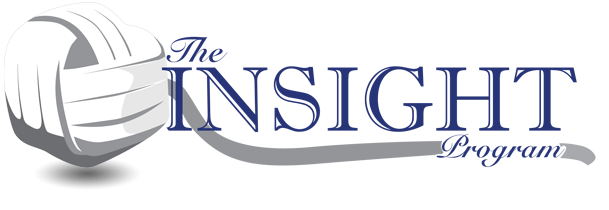Addiction is a complex and chronic brain disorder characterized by compulsive drug or substance use despite harmful consequences. It affects millions of people worldwide and can have severe and long-lasting consequences on the individual, their loved ones, and society as a whole.
The Science of Addiction
Addiction is not a moral failing or a lack of willpower. It is a disease that alters the brain’s structure and function, making it difficult for individuals to stop using drugs or substances, even if they want to. When a person uses drugs or substances, it triggers the release of dopamine, a neurotransmitter responsible for pleasure and reward in the brain. Over time, repeated drug use can change the brain’s reward system, making it less responsive to natural rewards like food or social interactions.
Additionally, prolonged drug use can alter the brain’s ability to make decisions and control impulses, making it challenging for individuals to stop using drugs or substances, even if they know the consequences. This is because addiction is a chronic brain disorder that changes the way the brain functions and affects behavior, motivation, and emotions.
The Role of the Brain in Recovery
Recovery from addiction is possible, but it requires a comprehensive approach that addresses the physical, emotional, and psychological aspects of addiction. Since addiction is a chronic brain disorder, it is essential to understand how the brain works in the recovery process.
The first step in recovery is detoxification, which involves removing the drugs or substances from the body. Detoxification can be challenging and may require medical supervision to manage withdrawal symptoms, which can be severe.
After detoxification, the brain needs time to heal and recover from the damage caused by drug use. This is where rehabilitation comes in, which is an essential part of the recovery process. Rehabilitation programs can vary in length and intensity, but they all share a common goal: to help individuals learn new skills and behaviors to overcome addiction.
One of the most effective forms of rehabilitation is cognitive-behavioral therapy (CBT), which helps individuals identify and change negative thought patterns and behaviors that contribute to addiction. CBT can also help individuals develop coping skills to manage stress, cravings, and triggers that may lead to drug use.
Another essential aspect of recovery is support from family, friends, and the community. Addiction can be isolating, and individuals in recovery need a supportive network to help them stay motivated and committed to their recovery.
Addiction is a complex and chronic brain disorder that affects millions of people worldwide. Understanding the science of addiction is critical to developing effective treatment and recovery strategies. Recovery from addiction is possible, but it requires a comprehensive approach that addresses the physical, emotional, and psychological aspects of addiction. With the right support and resources, individuals can overcome addiction and lead healthy, fulfilling lives.

